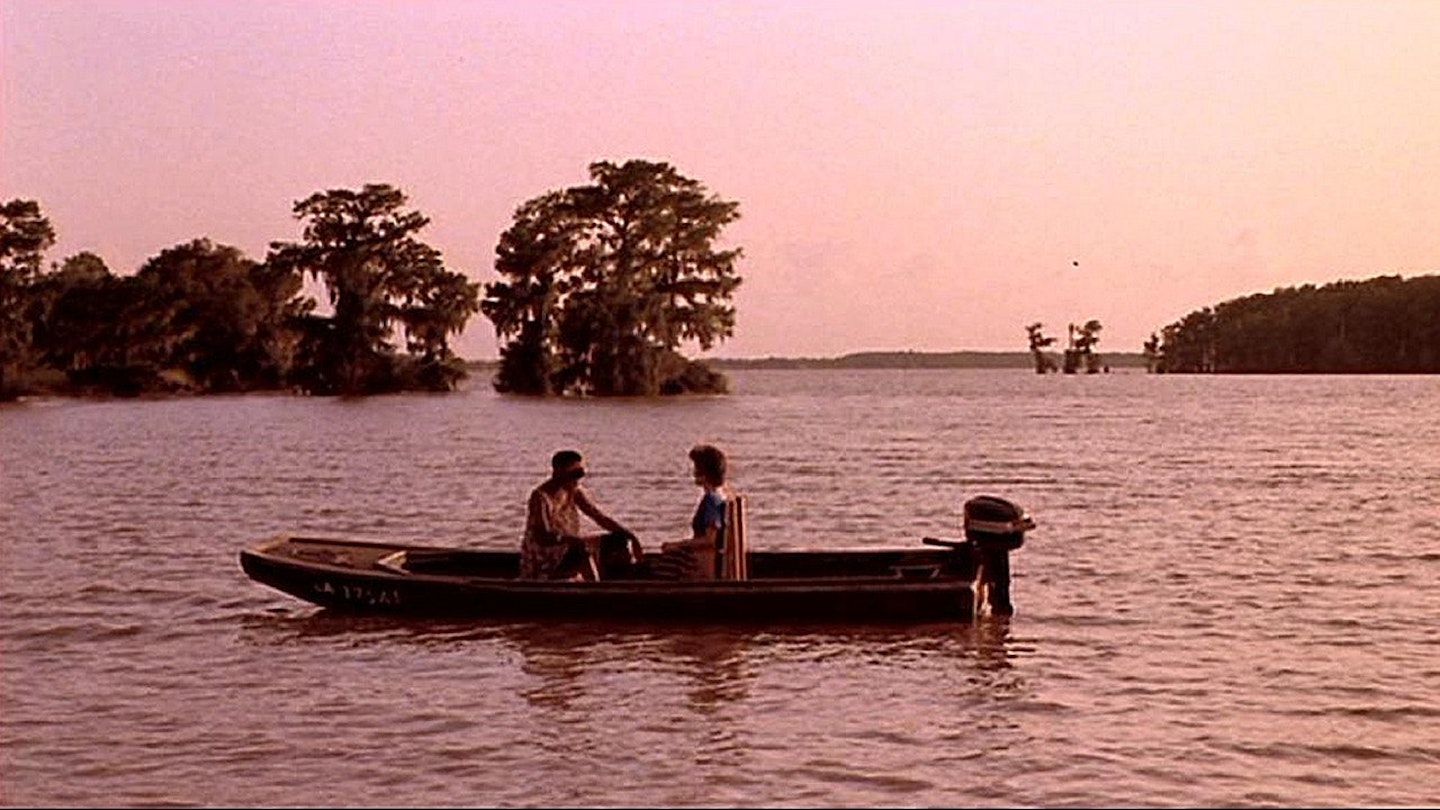Mary McDonnell received a deserved Oscar nomination for her bravura performance here as TV soap opera queen May-Alice, paralysed in a freak accident, returning to her remote Louisiana family home a bitter, boozing, self-proclaimed "bitch on wheels". Writer-director John Sayles' perceptive, frequently witty, always moving film is, however, considerably more than just a tale of coming to terms with paraplegia, and McDonnell is matched by a quietly superb Alfre Woodard in the less showy but equally affecting role of Chantelle, the latest in May-Alice's extraordinary line-up of nurse-companions, rehabilitating from an invisible but crippling life crisis of her own.
Solo, May-Alice goes through the stages familiar from male movies about disablement: denial, rage, humiliation and frustration, all met with tears and zinging wisecracks. Together, the two very different women wrestle with the power balance of their relationship, bond, contend with an intrusive procession of visitors (Angela Bassett among them as May-Alice's erstwhile soap co-star) in a string of funny and telling encounters, and succumb to the Cajun locals' infectious joie de vivre. What Sayles' Return Of The Secaucus Seven was for people turning 30, this is for people either facing the middle-age point of no return or trying to see beyond disappointments and lost hopes. Country cooking that almost sends its aroma off the screen, Zydeko music and irresistible male admirers (including marvellous Sayles veteran David Strathairn) provide a rich flavour of the place, and the title comes from a charming, Sayles-conceived "folk tale" that stresses that even the despairing can find something new to wish for. A heartening affirmation that the unplanned, unwanted surprises life throws at you can take you down a new path to somewhere worth going, this is accomplished with all Sayles' skills as a sharp, truthful storyteller.
